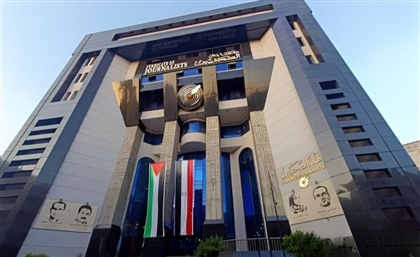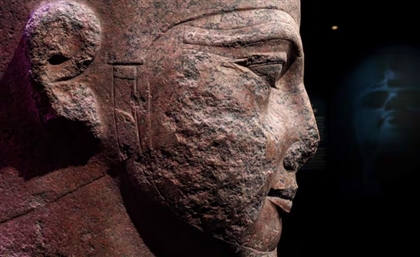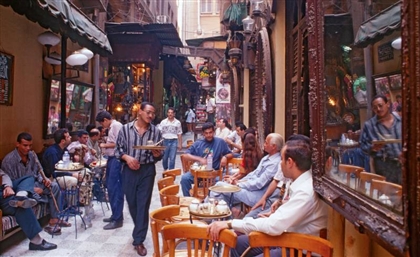On Women and Egyptian Society: Remembering Female Empowerment
What ever happened to Egypt's forward-thinking society? May Mansour discusses the fate of feminism in the country as she encounters the collection of photographs put together by a Facebook page that showcases images of a bygone era in the country.
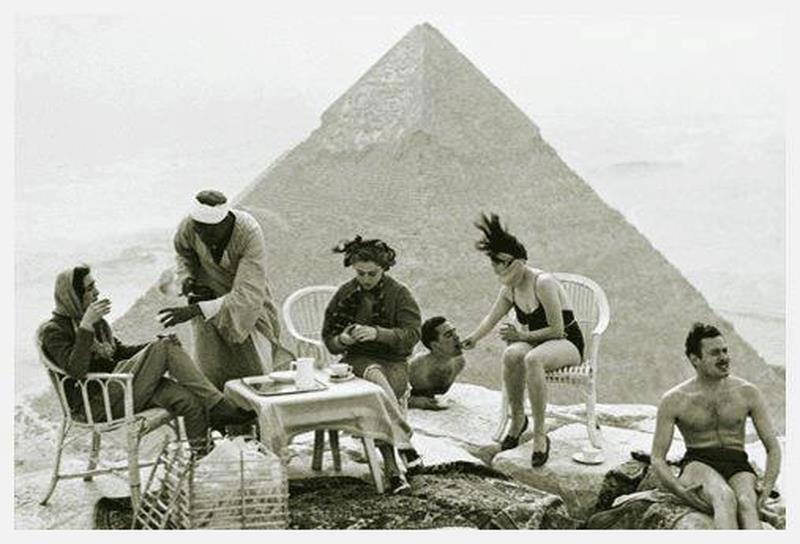
Egypt Without Hijab is an Arabic Facebook page which goes way past its shortened name, with a main focus on the portrayal of Egyptian society and women during a time when Cairo was dubbed one of the most beautiful and progressive cities in the world. The page is essentially a photography archive, featuring a myriad of images from a bygone time; a time where women were able to wear what they wanted on the streets without being subject to harassment.
The full name of the dedicated page is Rasd Lelmar2a Wal Mogtama3 Almasry Ma Qubl Alghazw Al Wahaby Wa Haws Al Hijab W Al Niqab which translates to Observation on Woman and Egyptian Society Prior to the Wahhabi Invasion and the Hijab and Niqab Obsession.
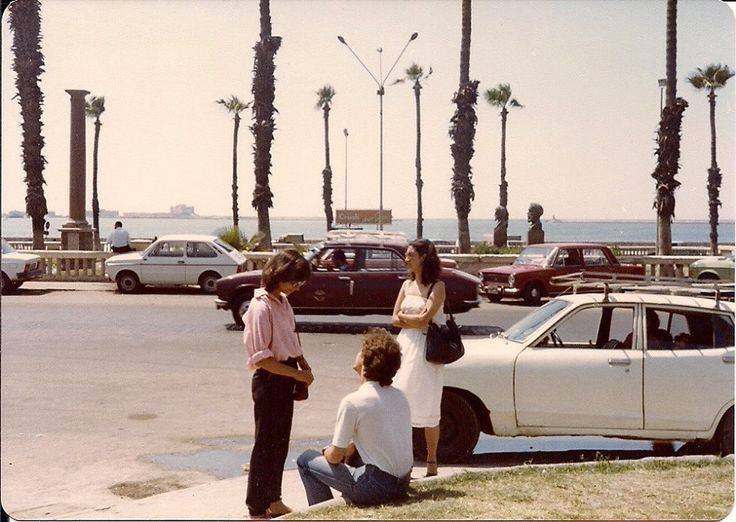
In Egypt's past, ranging from the 50s to the 90s, society as a whole expressed liberal views and encouraged, or to say the least, respected liberal thought among males and females alike. It was a society where women would dress and act as they please, with consensus to civilized cultural and social forms of expression, yet without the oppressive intrusion by their male counterparts in society.

The education system was outstanding, traffic was sparse and ordered, and religions were at peace with each other - even Judaism was an active part of society. Citizens were decent and presentable no matter their class, and the latest fashion trends would arrive to Cairo before they would reach Paris.

The Facebook page sheds light on the progression and freedom that thrived in Egypt, prior to the Wahhabi-inspired wave of Islam that is said to have been imported from Saudi Arabia as it became an increasingly powerful socio-political force in the late 1960s. Wahabisim is described as a strict and orthodox sect of Sunni Islam which advocates a return to the early days of the religion, rejecting modern innovation and interpretations. Many sociologists attribute the rise of hijab in Egypt to the 1970s, when Egyptian workers living in the Gulf returned to their homeland, bringing with them the cultural symbol, normalising the head scarf. The page also invites other members of the Egyptian society to share photos of themselves or of their parents and grandparents who were part of the 'Golden Era' with some photos tracing back to as early 1901.

The page features images such as photos of Sheikh Al-Azhar 1952-1959 with his daughter, unveiled and in a dress; a class full of females in the faculty of law department of Cairo University; a female traffic officer on duty, standing on the streets organising Cairo traffic in a skirt in the 70s and a Christian sports club in Al Minya with female basketball players in short-shorts and fitted t-shirts.
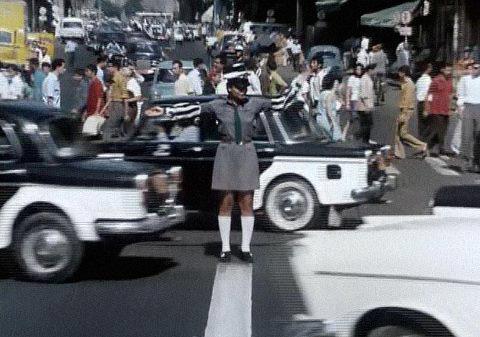
Needless to say, in today's Egypt, women are subjected to public insult, verbal and physical harassment if they are to leave their houses dressed in skirts or sleeveless shirts. In fact, even women who are veiled or in a niqab still experience harassment on the streets. Women can't even walk from point A to point B without some sort of verbal abuse or sexual innuendo thrown at them.

The page is, perhaps, an effort to highlight what is meant to be acceptable and normal in Egyptian culture, in comparison to what our country’s allegedly modern and cultured officials, media representatives and religious “leaders” dub offensive and against tradition. Egypt has always been a place of religion, despite once also being a regional pioneer for freedom of expression and liberty. There used to exist a sort of balance between the two: advocating general obedience and common decency without the added pressure and oppression of religious extremism, all the while granting women the respect and independence they deserve as fellow, active human beings in society.

It makes one wonder: what on earth happened to Egypt? How did society sink into such degenerate void? Why has it become so unacceptable to be a liberal, outspoken and engaged female member of society? Why is female freedom now considered blasphemous to the religious and debaucherous to the authorities?

Feel free to cruise the page for more fond, pleasant memories of a forgotten past, and perhaps help in advocating the liberal and progressive ideologies society ought to actively pursue once again.

More information on the Facebook page here.
- Previous Article Egypt’s First Luxury Fashion Show at Citystars
- Next Article 10 Strictly Egyptian Moustaches That Will Inspire You This Movember





